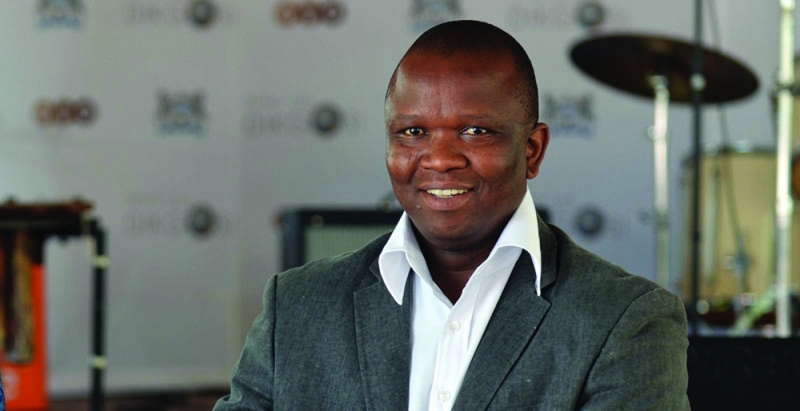Creatives could help preserve native languages – Prof Otlogetswe
Larona Makhaiza | Sunday February 26, 2023 06:00


It was all celebrations as artists sang proudly in their native languages to commemorate the day. This was also an opportunity for young artists like Lokile BW to shine as he delivered a scintillating performance.
Among the different languages represented include Mbanderu, Sekgalagadi, Setswana and Chinese. Charles Kakome, Lereko Lesole, Mawee Mokgware, Katso Motlogelwa, Sheya, De Stone and Phetso Oabile are some of the artists who graced the event. Besides performances, there were also stalls that offered language teachings to attendants.
The whole idea is to encourage people to embrace their indigenous languages. The International Mother Language Day is a worldwide annual occasion held on February 21 to promote awareness of linguistic and cultural diversity and to promote multilingualism. The day has been commemorated every year since February 21, 2000 when it was first observed.
In an interview with Arts & Culture, the Deputy Dean of the Faculty of Humanities at UB, Professor Thapelo Otlogetswe said since the university has got diverse cultures within its campus, they saw it fit as the university to always commemorate this day annually.
Otlogetswe revealed that the university offers many language courses such as Setswana, Kalanga, Afrikaans are among others. “One of our mandates is to protect, promote and develop local languages. It is right at the heart of what we are doing in the Faculty of Humanities hence we always celebrate this great day,” said Otlogetswe. Otlogetswe highlighted that this day is of great importance as it offers a great chance to draw attention to the importance of languages especially local languages and use it as a way to motivate people to be comfortable speaking their native languages compared to the foreign languages. “Let’s use them, they have to be functional languages.
The language should always be functional for it to develop and grow,” Otlogetswe stated. Otlogetswe noted with concern how Setswana has declined in its use especially among young people.
“Because of education, Setswana has declined in its everyday use and peoples’ competence in the ability to use the language with beauty and with precision has declined largely because people have turned to English and other foreign languages,” noted Otlogetswe. However, Otlogetswe feels it is not all lost for Setswana language as the arts and the creative industry are trying by all means to keep the Setswana language alive. The creative industry in Botswana boosts of many artists that still compose their music in their native languages, e.g. artists like Kabelo Mogwe of Culture Spears. Otlogetswe feels there is still hope for the Setswana language not to ever go extinct.
He also said he was elated with how the day turned out as all the artists that were expected to perform on the day kept their end of the bargain and performed on the day.
